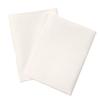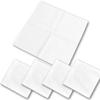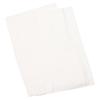----------------------------------------------------------------------
【Cautions for using electrical products】
When using electrical appliances, please note that the voltage is different from that of Japan, which may cause malfunctions.
Since the plug type is Japan type(A or B type), please check the voltage and use a transformer.
Please note that a transformer is different from a conversion adapter.
We are not responsible for malfunctions caused by use without a transformer.
【Voltage Compatibility】
When using electrical appliances, please note that they are designed for Japanese voltage specifications (90-110V), so if you use them with a different voltage, it may cause a malfunction.
【Plug Type】
Our products use Japanese plug types (A or B type).
Please use a conversion adapter if necessary.
【Important Note on Transformers and Adapters】
A transformer adjusts voltage to match your device’s requirements.
A conversion adapter only changes the plug shape and does not adjust voltage.
Using only a conversion adapter without a transformer may result in damage to the product.
【Liability】
We are not responsible for malfunctions or damages caused by improper use, such as operating the product without a transformer.
----------------------------------------------------------------------
[Clean White] This "White Tenugui" is woven in Sakai City, Osaka, the birthplace of tenugui. Its design is focused on ease of use for any purpose, without any unnecessary details. It uses non-fluorescent Oka fabric, which has a fine, smooth texture. It is especially recommended for use in cooking and washing your face.
[Everyday Cooking Uses] On cooking shows, white hand towels are always placed above the sink. The cooks quickly wipe the wet sink and carefully wipe their knives with each cut. I was always fascinated by their beautiful movements. It seems that constantly wiping the sink clean while cooking, and wiping off excess water from the knives and cutting board, makes a difference in the finished dish. Since that's what the professionals do, it's important to incorporate any steps you can take at home. Paying attention to these small details may be the shortcut to delicious cooking.
[We recommend draining vegetables] While most people use a salad spinner or a bowl and colander to drain vegetables, wrapping vegetables in a clean white tenugui cloth and shaking them will drain the water quickly thanks to centrifugal force and the cloth's absorbency. Since learning this, I definitely use a white tenugui cloth for draining vegetables. It takes up less space and doesn't require more dishes to wash. It can easily drain hot boiled vegetables, so salads and other steamed vegetables won't get soggy. It's also recommended for draining tofu. For draining vegetables, simply wash a white tenugui cloth in water and hang it to dry to keep it clean. Peeling potatoes also keeps them cool if you wrap them in a tenugui cloth. It's much easier than peeling with your bare hands.
[Washing Your Face with a Tenugui] I'll share a secret trick I actually learned from a tenugui manufacturer. Apparently, the extremely fine fibers of tenugui fabric remove dirt from pores and excess dead skin cells when washed, leaving skin smooth. It's a surprising face-washing method that even removes heavy makeup with ease. Plus, because the edges are left unsewn, they dry quickly, preventing bacteria from accumulating and making them hygienic. It's reaffirmed that there's a reason why these items have been used for so many years. Washing is easy; all you need is a tenugui and regular soap. The key is to gently rub your face. Scrubbing can damage your skin, so just be careful and wash with care. It's the first step to smooth skin.
[Size] Approximately 34cm x 90cm [Weight] Approximately 32g per piece [Material] 100% cotton (no fluorescent dyes used) [Place of Origin] Osaka, Japan [Note] This tenugui has a traditional raw edge on the top and bottom. As you trim any loose threads, the edges will gradually become less likely to fray about 5mm from the edge.
"White Tenugui" is woven in Sakai City, Osaka, a region famous for its Tenugui production.
The theme is ease of use for any purpose, with no unnecessary elements added.
We used Oka fabric, which is non-fluorescent, has a fine texture and a smooth feel.
It is especially recommended for use in cooking and washing your face.
Generally, a salad spinner is used to drain vegetables.
Or you could use a bowl and colander.
Wrap the vegetables in a clean white towel.
When you shake it, centrifugal force and the absorbency of the cloth allow you to drain the water quickly.
Since learning this, I now always use white tenugui towels to drain water.
It doesn't take up much space and doesn't add to the dishes.
It can easily drain hot boiled vegetables,
Salads and steamed vegetables do not become watery.
It is also recommended to drain tofu.
If you're just draining vegetables, a white tenugui is fine.
Simply wash it with water and hang it to dry to keep it clean.
I'll share some tips I actually heard from a tenugui manufacturer.
The extremely fine fabric of tenugui has fine fibers, and when washed
It is said to remove dirt from pores and excess dead skin cells, leaving your skin smooth.
This is an amazing face washing method that easily removes even heavy makeup.
Furthermore, since the edges are left unpainted, they dry quickly and are hygienic, preventing the accumulation of germs.
I was reminded that there is a reason why something has been used for so many years.
It's easy to wash,
All you need is a tenugui towel and regular soap.
(1) With your makeup still on, wet your face with lukewarm water.
(2) Wet a tenugui towel with water and wring it out, then wipe your eyelids from top to bottom.
(It's okay if your eye makeup doesn't come off completely at this stage.)
*If you are worried about heavy makeup, first remove it from that area with a gentle cleanser.
(3) Apply solid soap to a washcloth and create a lather.
(4) Start washing your face from your forehead. Wash gently in a circular motion without applying pressure.
(5) For small areas such as the sides of your nose and around your eyes, it is easier to wash them by wrapping your fingers around a tenugui cloth.
Do not let it sit in the washbasin, but rinse it off with running water (lukewarm water).
The key is to use gentle stroking pressure.
Scrubbing can damage your skin, so just be careful when washing.
This is the first step to smooth skin.








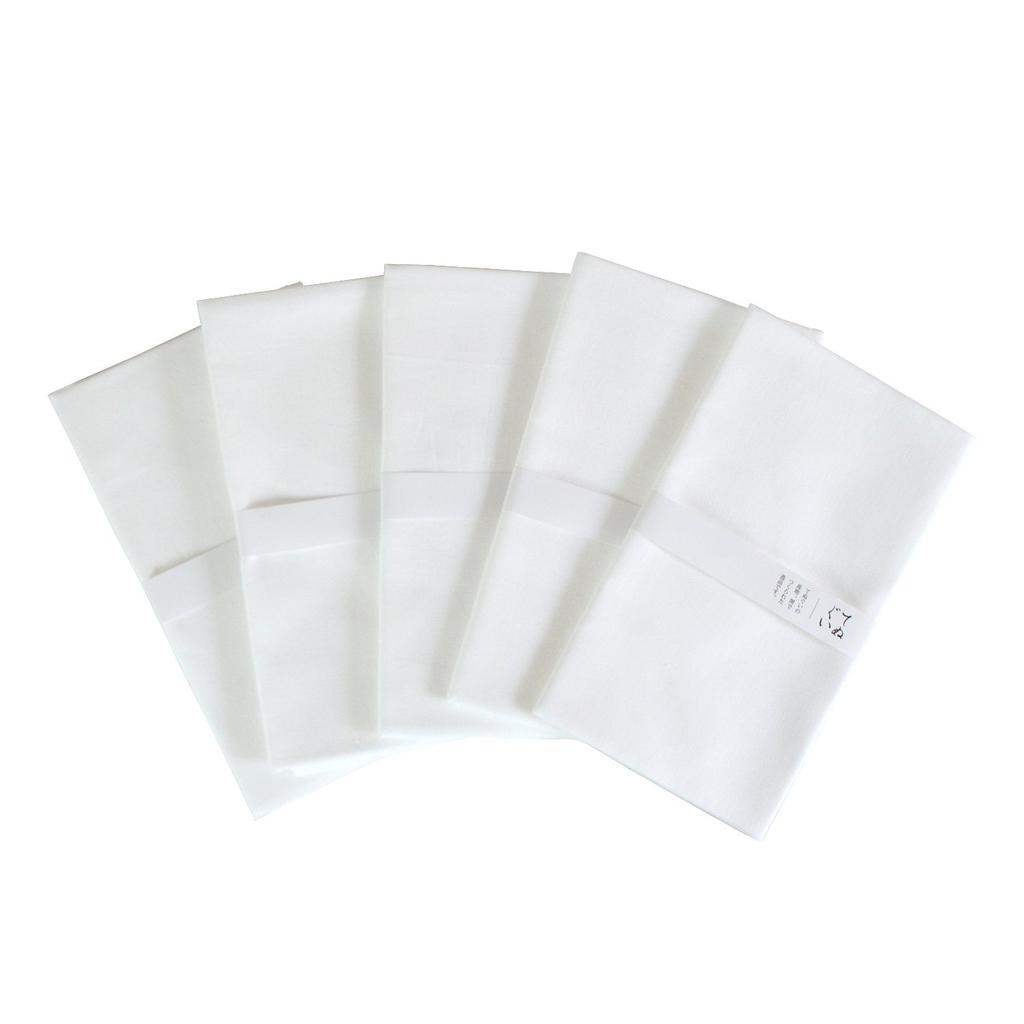
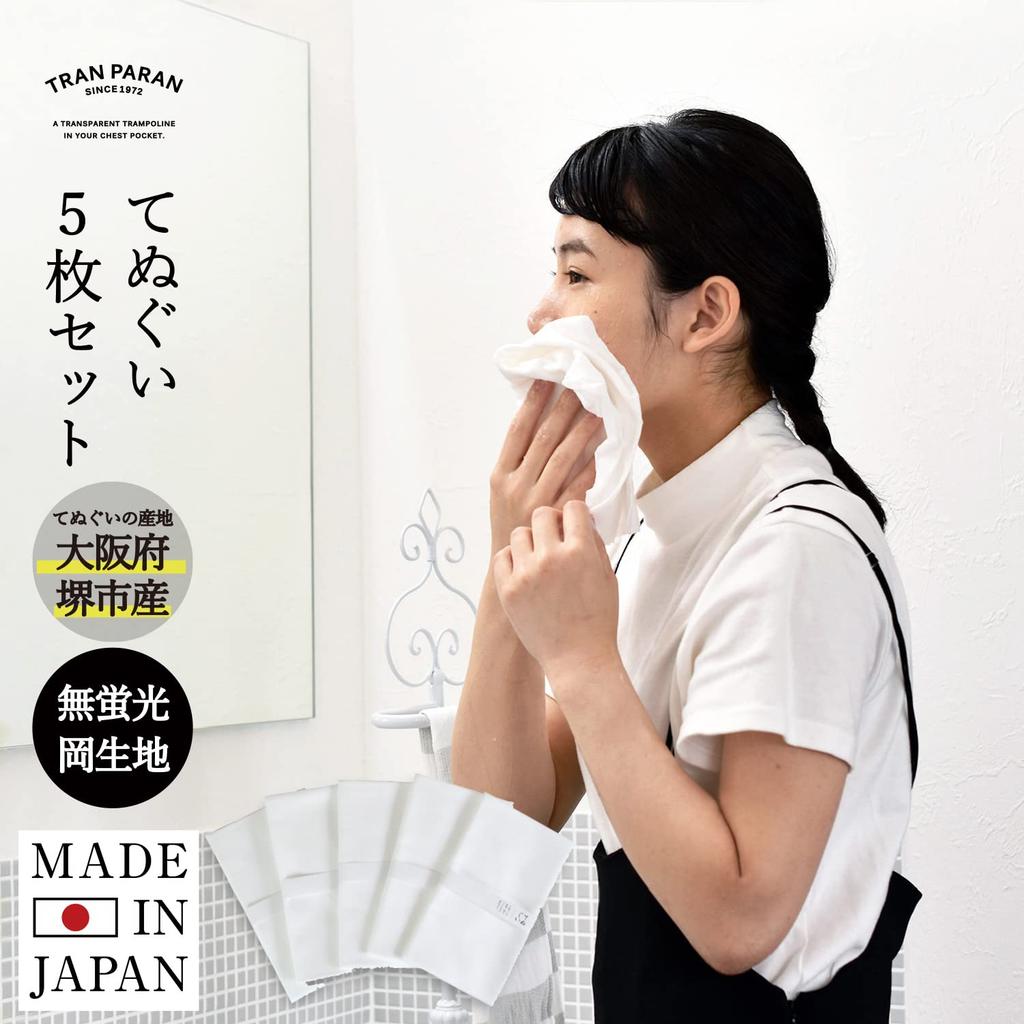
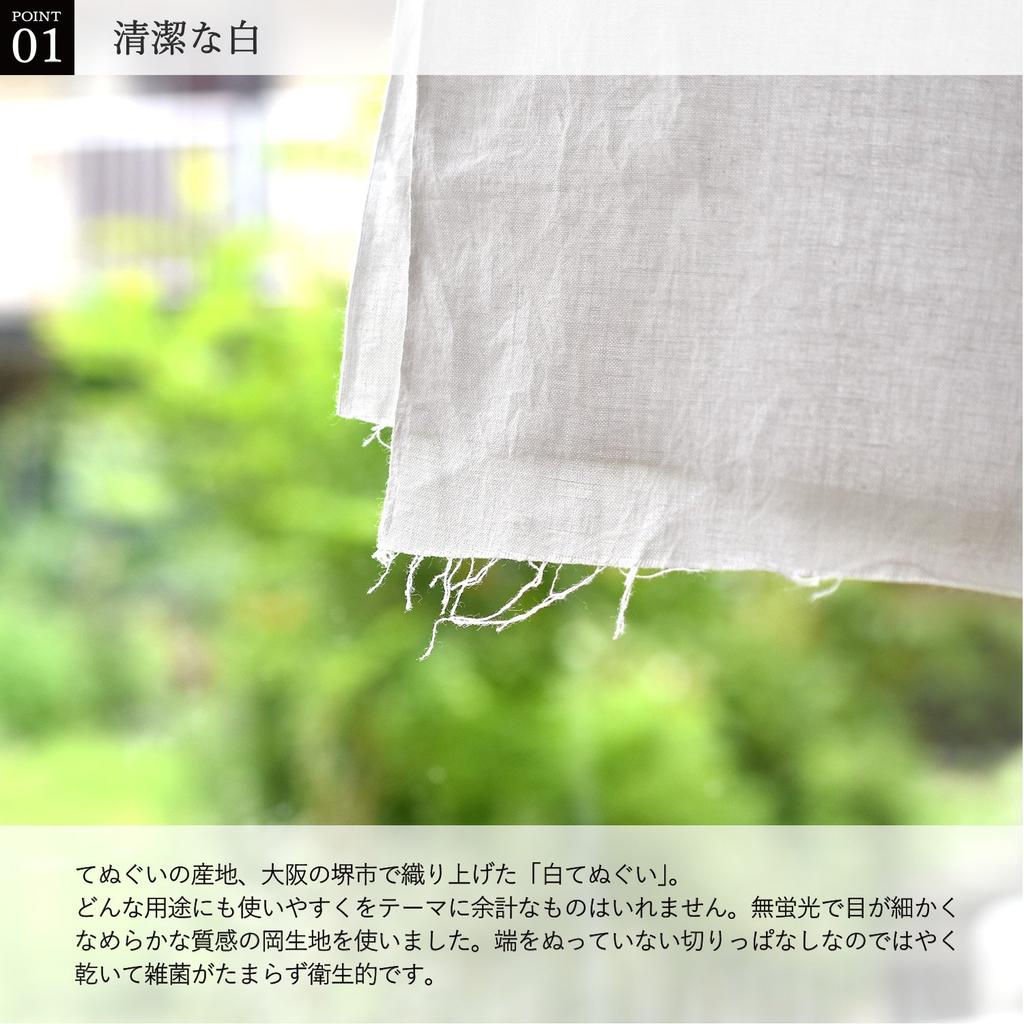
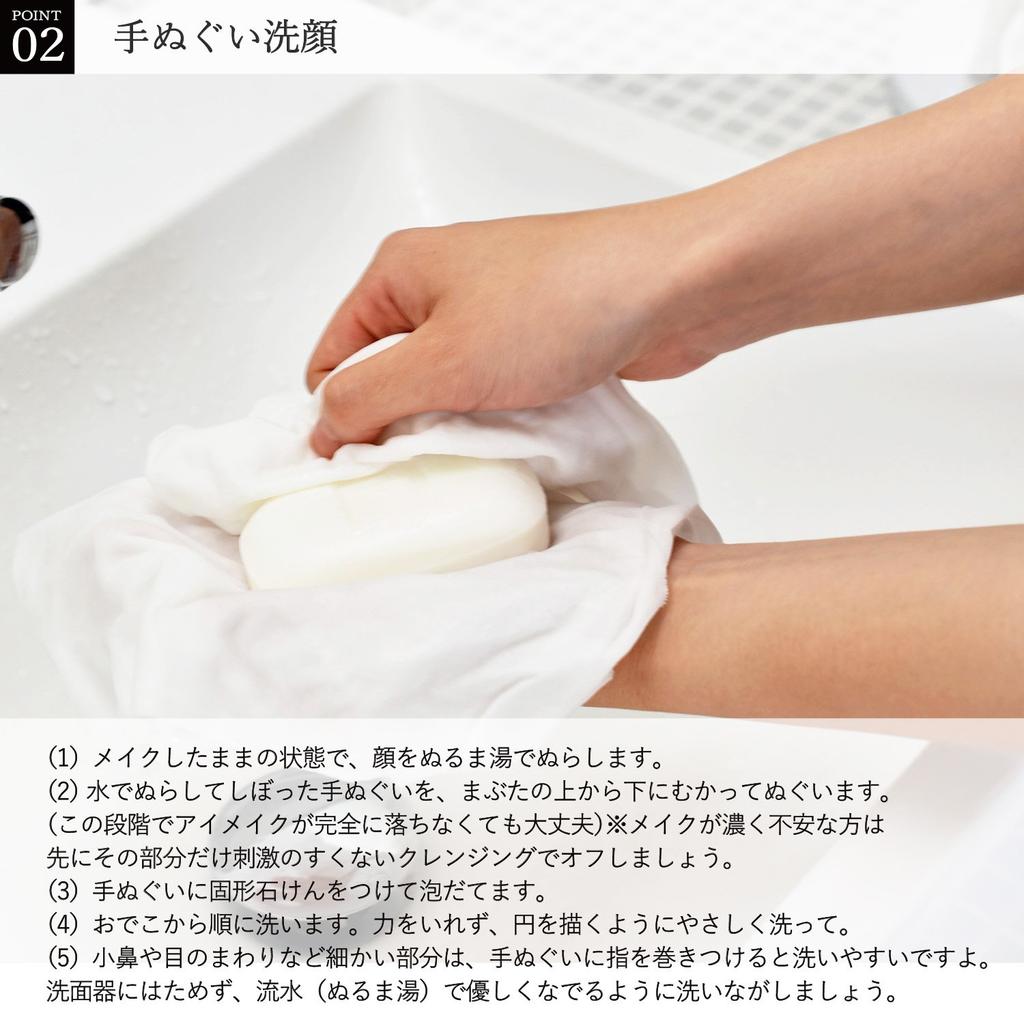
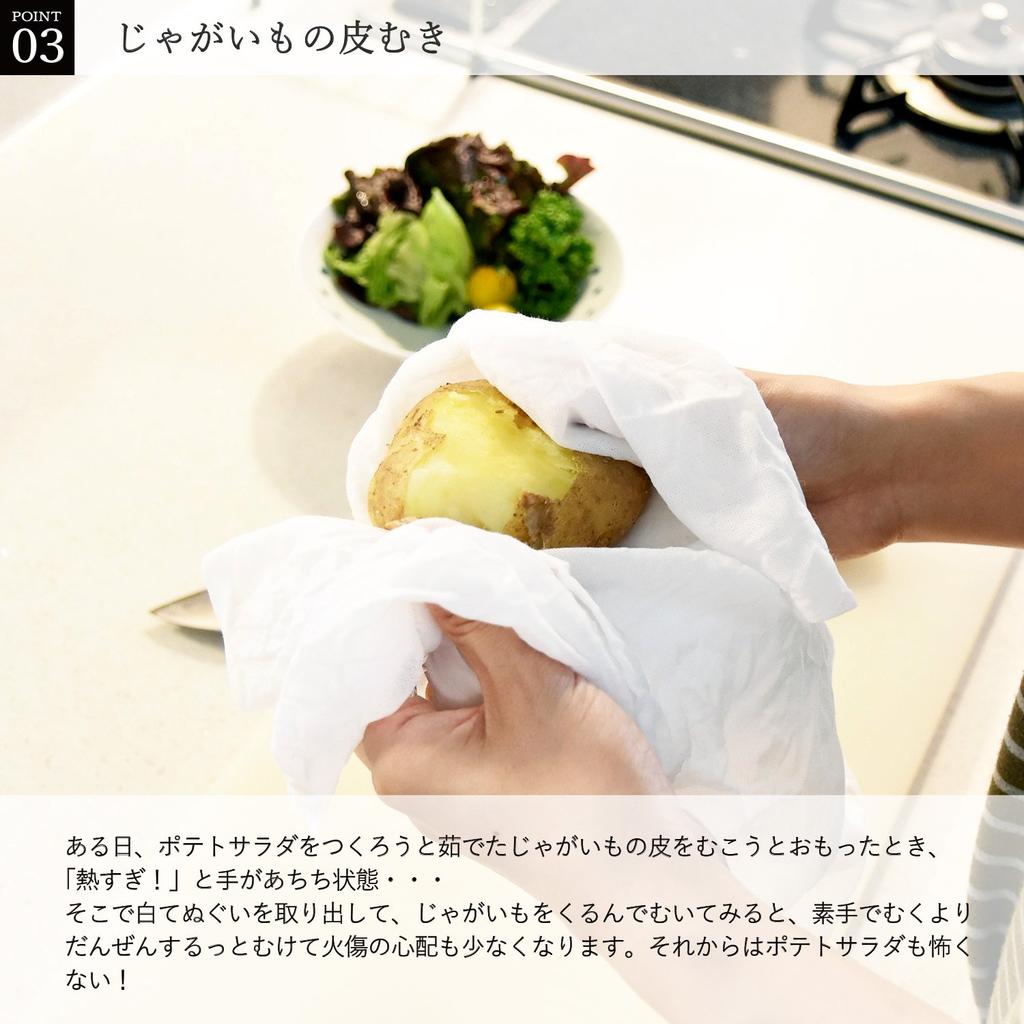
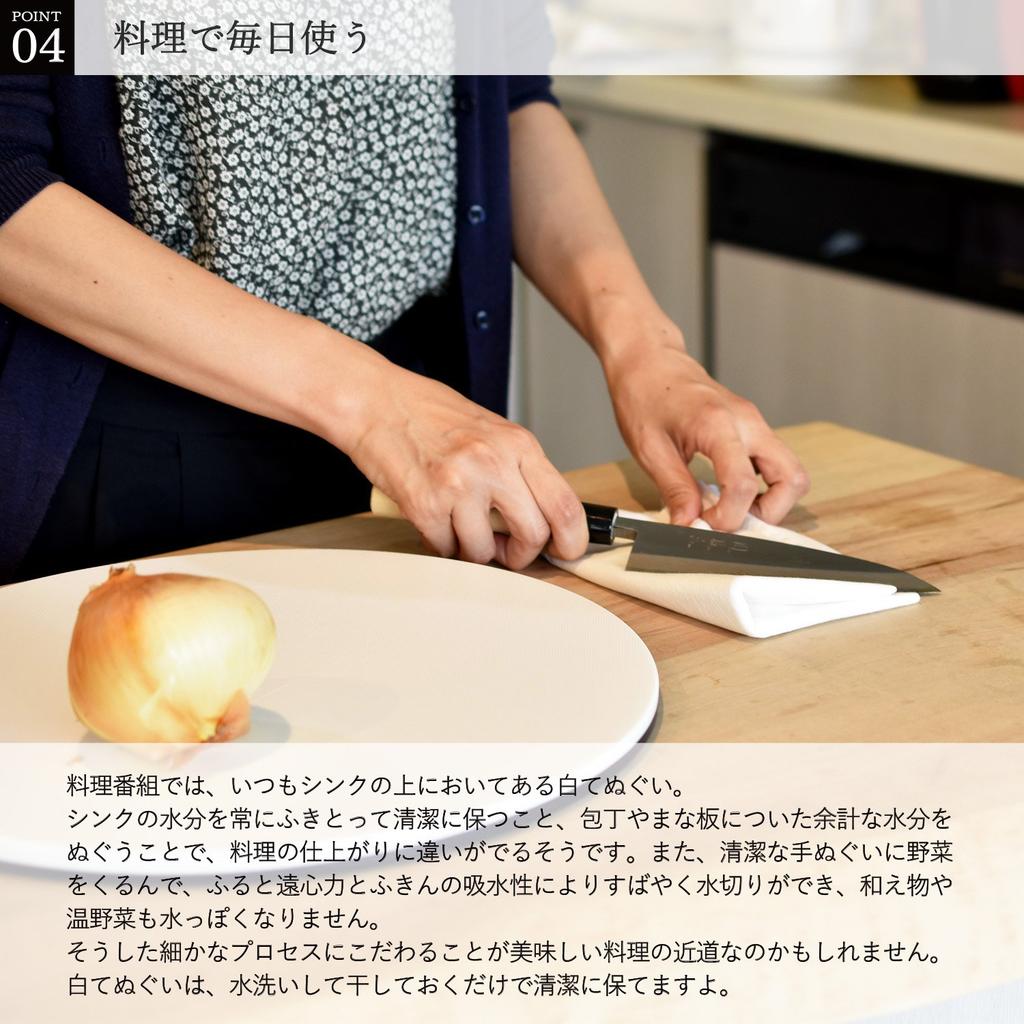
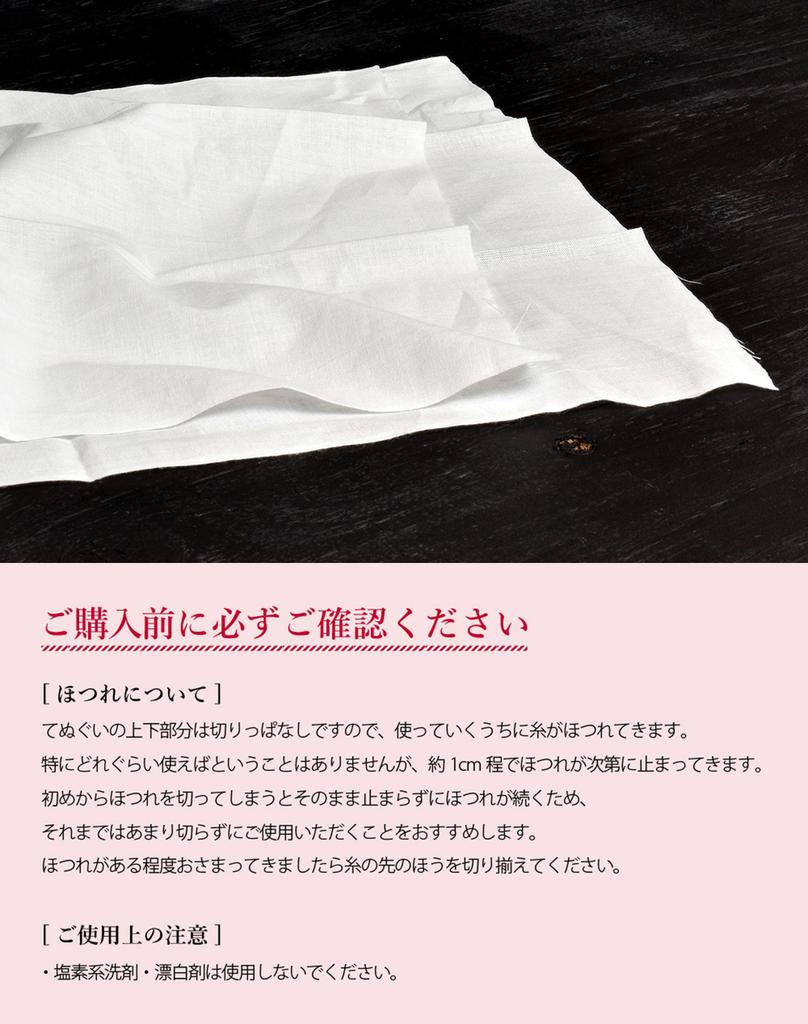



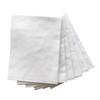

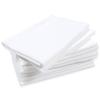
![Ensfarget obi for yukata og kimono for menn [KYOETSU] One-touch (hvit)](https://img.joomcdn.net/f547c4047deba72ff69a15082088b1f9d605d471_100_100.jpeg)



